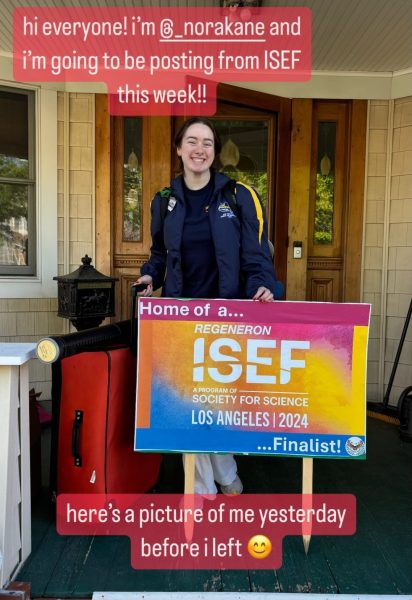The End of Cyber-bullying? Maybe Not.
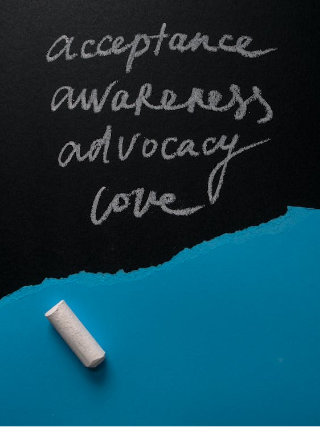
Photo by Polina Kovaleva from Pexels
In a highly advanced technological age, it is easy to stay elusive. Every day, thousands of people on the internet share their thoughts, ambitions, stories, emotions, and fears, all because they have the shield of a phone screen in front of them. There is a certain comfort in anonymity, and what comes out of it can be wonderful; however, it can also be cruel. It can be easy to forget that the person one is speaking to or commenting on is a real person. This is where bullying starts. Luckily, many say that Generation Z has been the generation to end bullying and cyber-bullying. Have they, though, or has it just been rebranded to something more palatable?
TikTok: A word that is almost guaranteed to get the attention of every reader. Since its start in 2017, TikTok has been insanely popular, and has only grown from its initial rebranding. Like many other things in life, it is also always evolving based off its users. With this app, the users create the sounds, make the trends, and decide when it ends. This type of freedom is great but has ultimately led to some mean things being displayed. Recently, many new trends have had to do with making fun of those who are different. These trends entail subtly making fun of those who might do something that is out of the ordinary, or someone who says something that’s awkward. These people are not necessarily harming anyone, yet people make fun of them anyway. These new-age bullies aren’t something you’d see in an old high-school movie. They are subtle, and passive with their remarks. Instead of flat out bullying a person, they find ways to market it as a simple joke, or trend. Trends like the “side eye” trend currently on TikTok is essentially another way of calling someone weird or awkward. In most of these videos, the person being victimized isn’t even doing or saying anything wrong. Another prime example of TikTok bullying isn’t even a trend at all. For years, users have posted videos of other people to make fun of them without their permission. “I think the issue with this ‘subtle cyber bullying’ that we see on social media is that it’s become so normalized. Teenagers have been conditioning each other that everything is ‘just a joke’ or to ‘take things more lightly.’ However, comments have escalated to truly hurtful statements surrounded by emojis to soften the blow. I’m a big verbal communicator, which makes online communication difficult for me, especially in terms of understanding the tone of messages. I sometimes can’t tell whether a text is mean or just sarcastic; some people can easily take advantage of that,” said sophomore Gianna Longo. This way, the users can be mean and never face the consequences of their actions, while the victim is blissfully unaware that they are being made fun of by people on the internet. The cruelty of people is highlighted on TikTok, where it seems that negativity and mean-spirited people are applauded most of the time.
“Social media was made to be a platform for good,” said senior Alyssa Inserra. “I’ve watched a lot of documentaries about the development of software, and the desire to make it a positive place where people could share their lives and ideas with each other. However, in my opinion, it has become the exact opposite in some cases. Whereas 20 years ago people only had a handful of ways to communicate with each other, now there’s so many different ways that people can connect, and they can become overwhelming. It can also become a way for people to target, prejudice, judge, and bully people they wouldn’t normally talk to face-to-face because now with social media you have an option to tell people mean things without ever seeing the person. People have become two things: They have become desensitized to the world around them, or they have become hyper-sensitive to the world around them on social media.” The internet is a vast, complicated place, with too many people to really face the consequences of their actions.
Aside from social media, in general, the internet and technology are a breeding ground for bullying. Messaging apps like Messages, WhatsApp, and even Snapchat have become a place for hate. Users in these apps can Direct Message (DM) someone or create group chats with multiple people. This opens the floodgates for bullying. Oftentimes, people, mainly teenagers, will create group chats to openly make fun of a person and even send pictures of them. This can lead to terrible rumors being spread and the person’s life taking a drastic turn for the worst. That’s not all, though. The exclusivity of group chats and friendships on social media can make a person feel like a certain group or person does not like them. The feeling of being excluded is something new age bullies use to have power over the person they are bullying, and this can very easily be achieved using social media apps.
Contrary to popular belief, social media does not have a grip on every teenager at LHS. Junior Olivia Lanteri can see both the benefits and the downsides of the internet. “I think that social media can be a force for good and bad. It’s been shown to connect people and spread new and interesting ideas. However, for me the negatives vastly outweigh the positives. Cyber bullying is a big detractor for me as I don’t want to be a part of a culture like that, but I also fear becoming addicted to the algorithm. It’s such a toxic system that feeds you messages you could show even a remote interest in. That scares me. Also, I’ve become more mindful about my screen time and realized that my time is a commodity; having social media would probably increase my screen time by a tenfold. I think that social media has its benefits, but personally it’s just too destructive for me to use.” What Lanteri is saying opens up to an even bigger issue that points the blame at social media itself.
All in all, social media and technology are revolutionary inventions that make many people’s lives easier in many ways. However, it is also important to highlight how it makes certain aspects of a person’s life more challenging, and how it may be more difficult to be a teenager in today’s technological society. Before you post, text, or exclude someone maliciously, reconsider.

I am a member of the Class of 2024 as well as a managing editor for Horizon. I like to write, read, sing, and act. One fun fact about me is that I love...

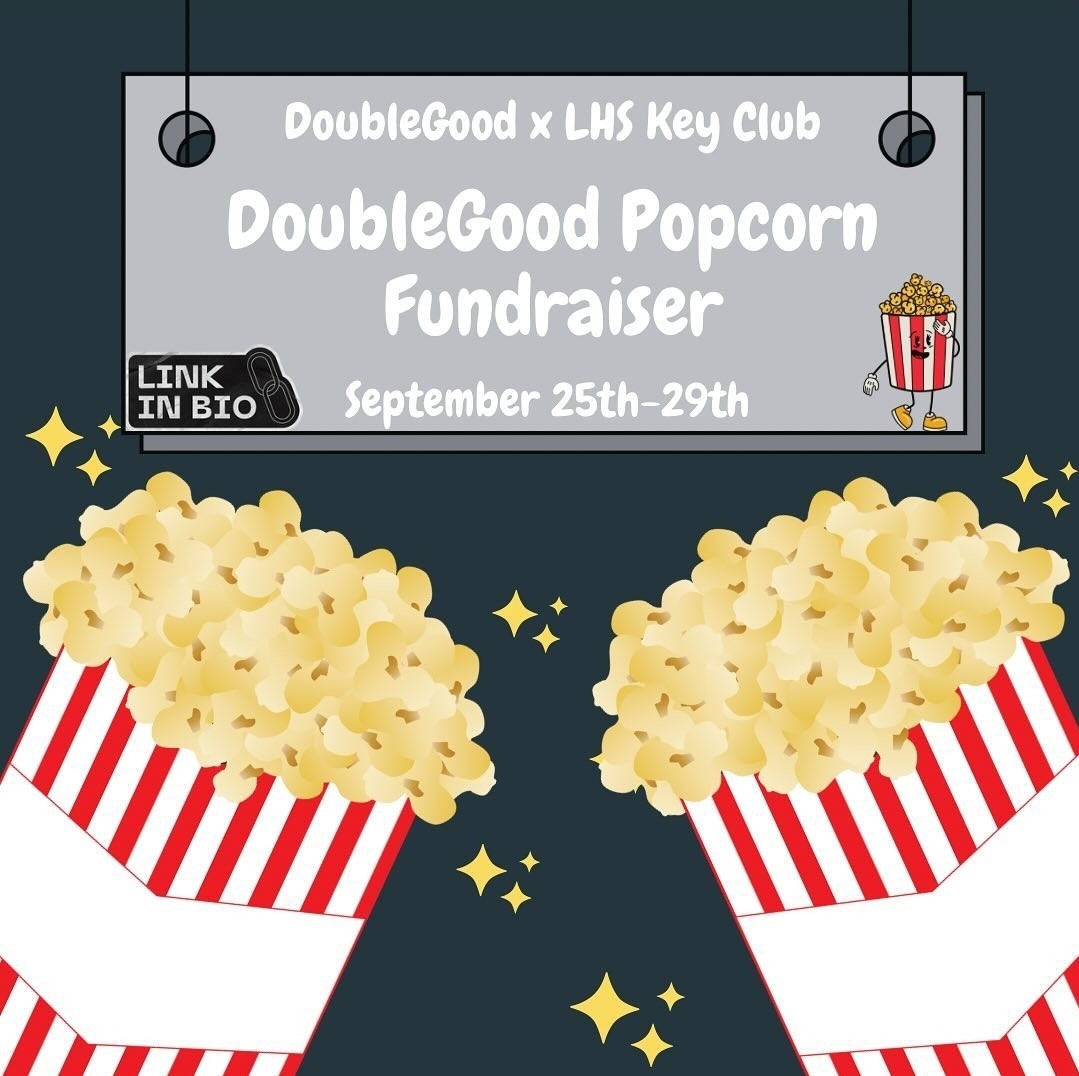
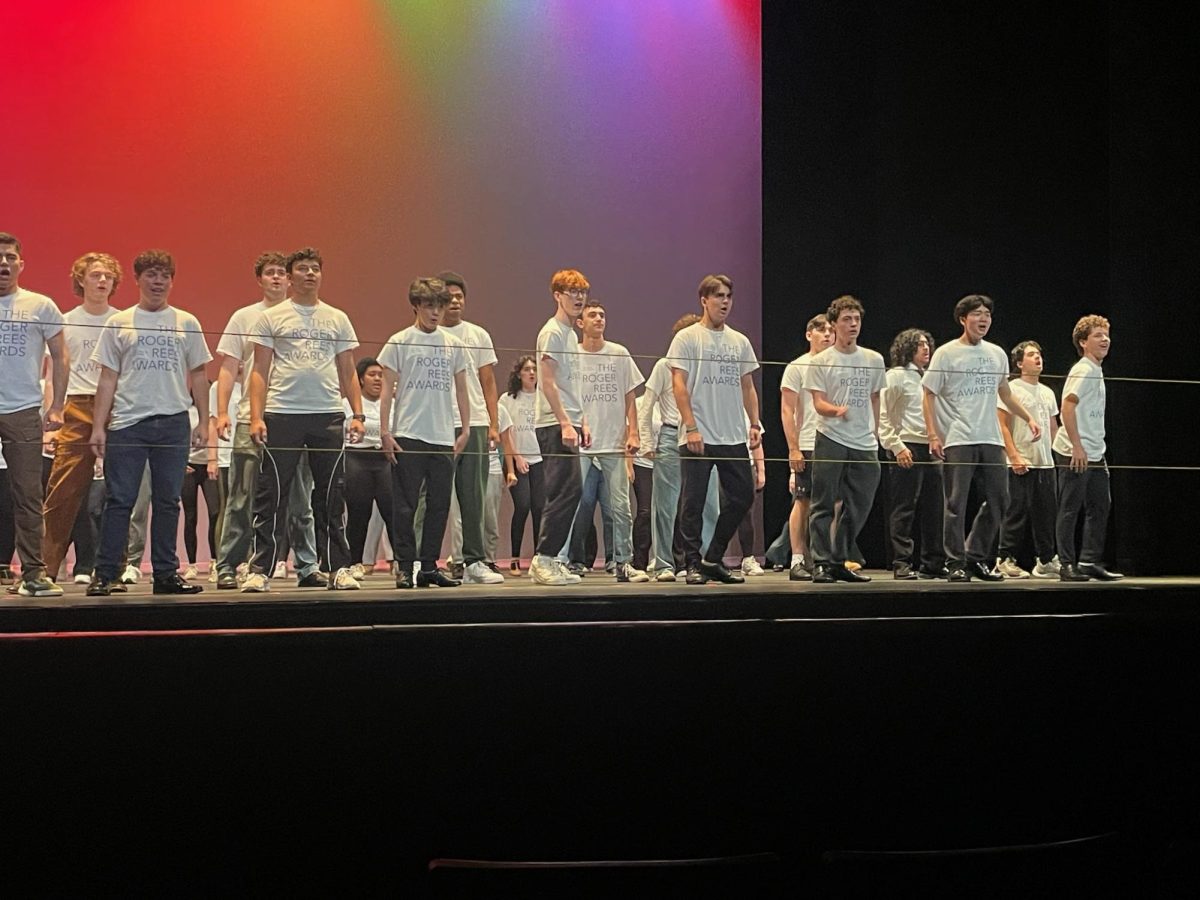


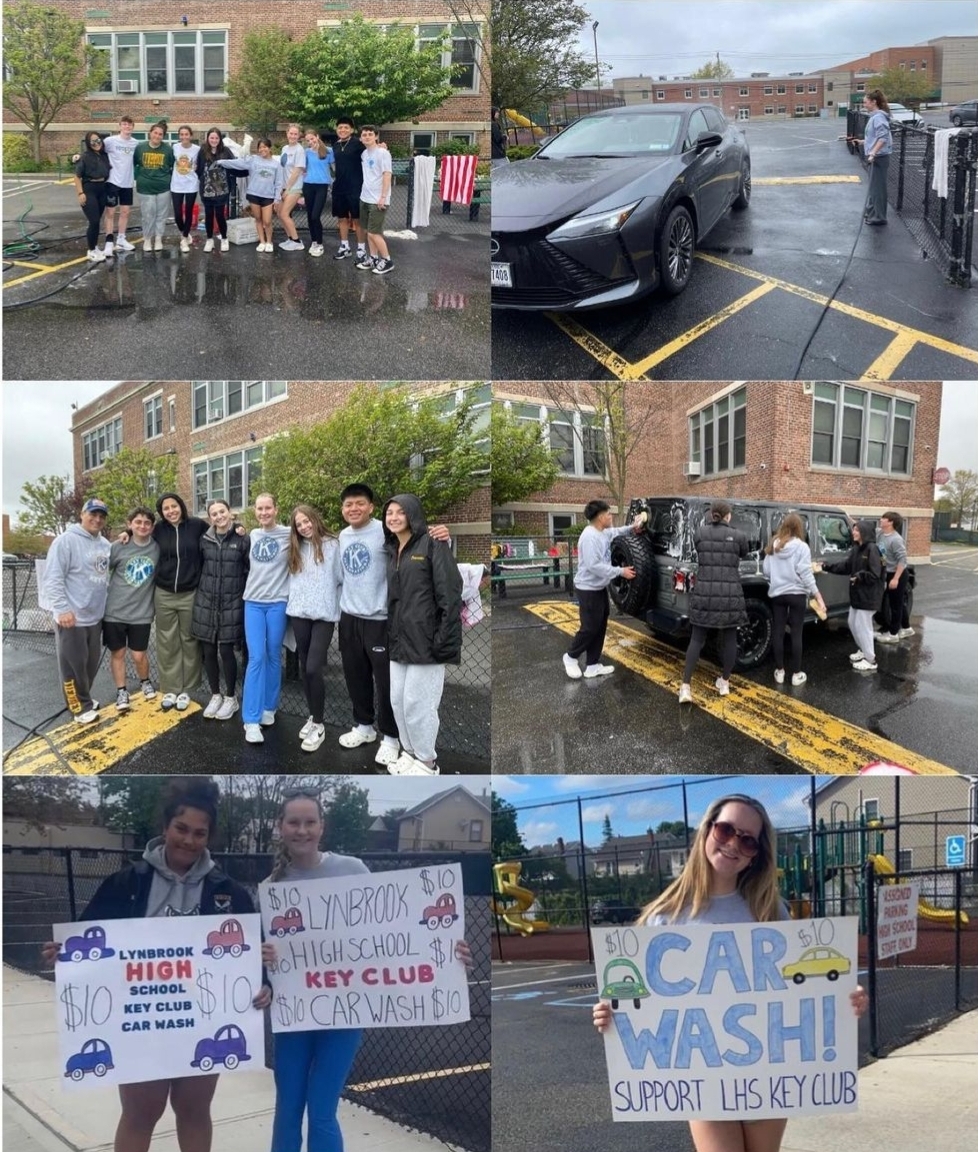
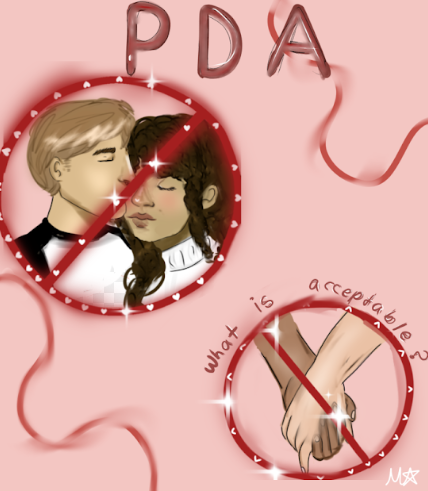
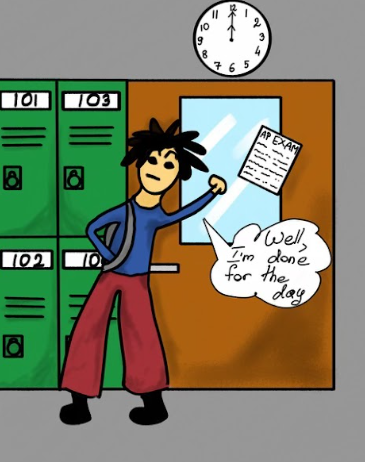
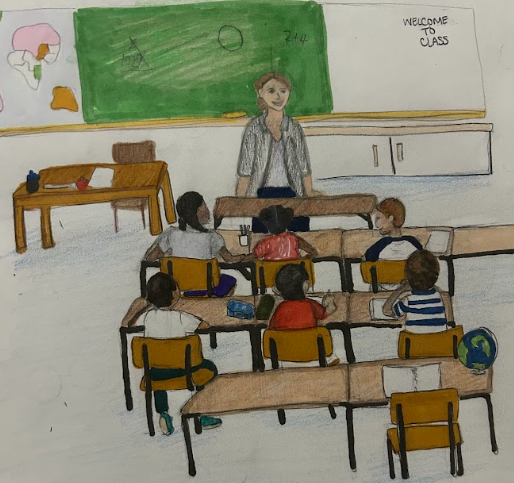
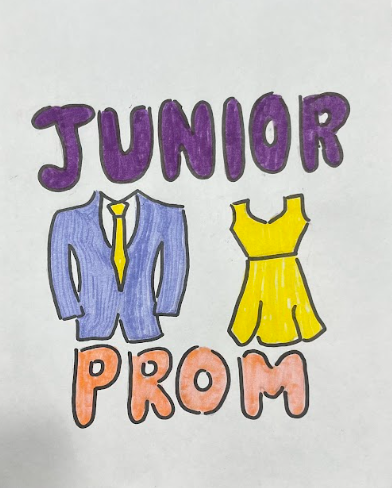



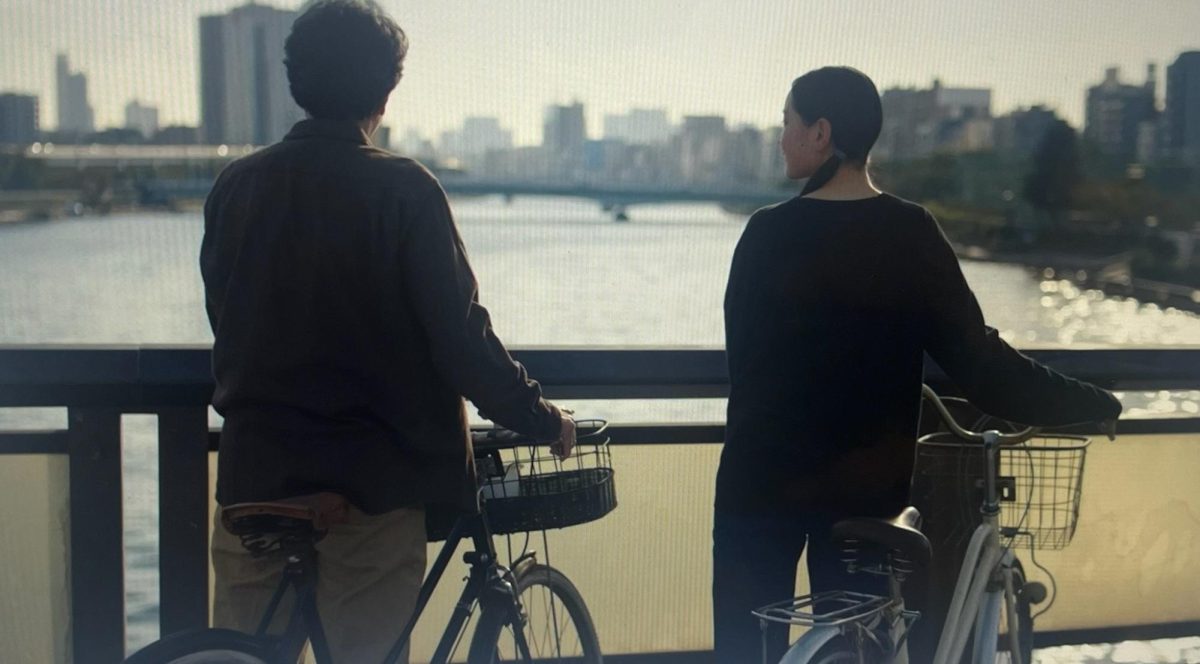


![Key Club members pose for a photo with Club Advisor Dr. Tieniber [far right] at Stonebridge Country Club. Photo Courtesy of @lhstieiber Instagram page.](https://lhshorizon.com/wp-content/uploads/2024/10/tempFileForShare_20241014-162748.jpg)
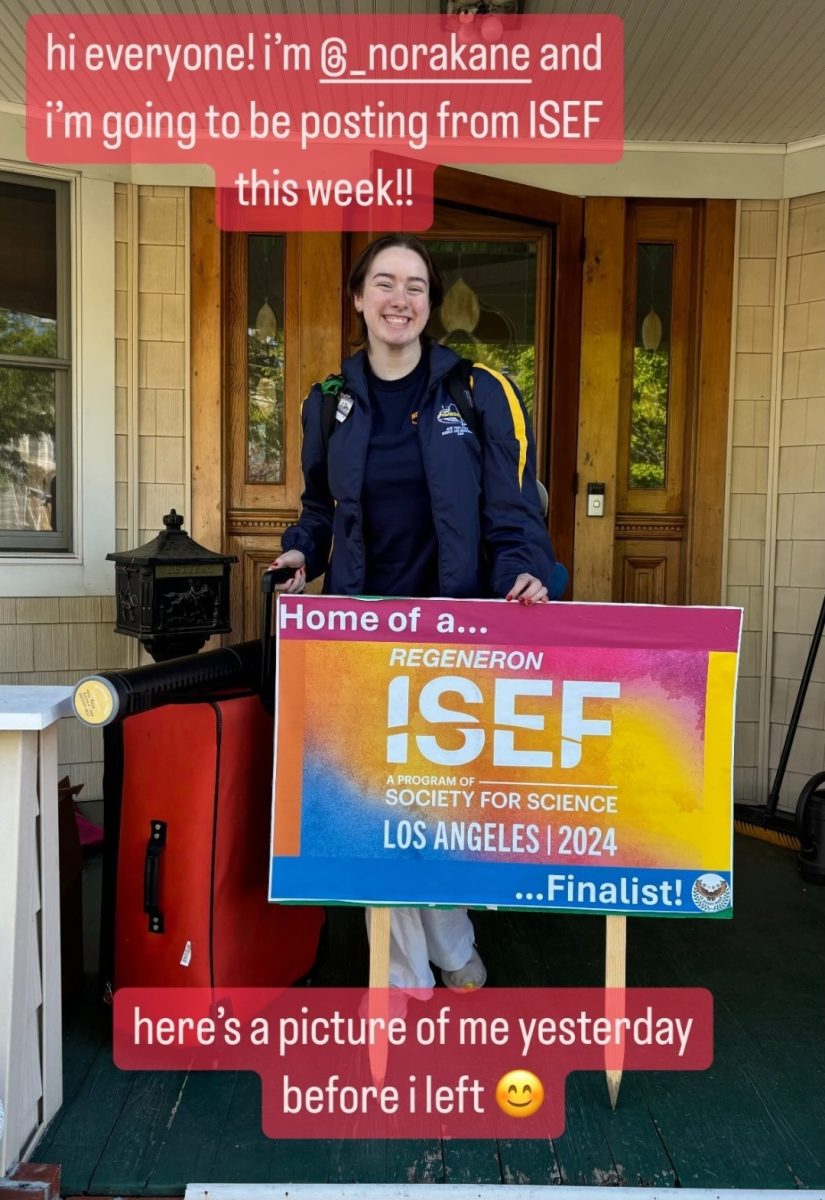



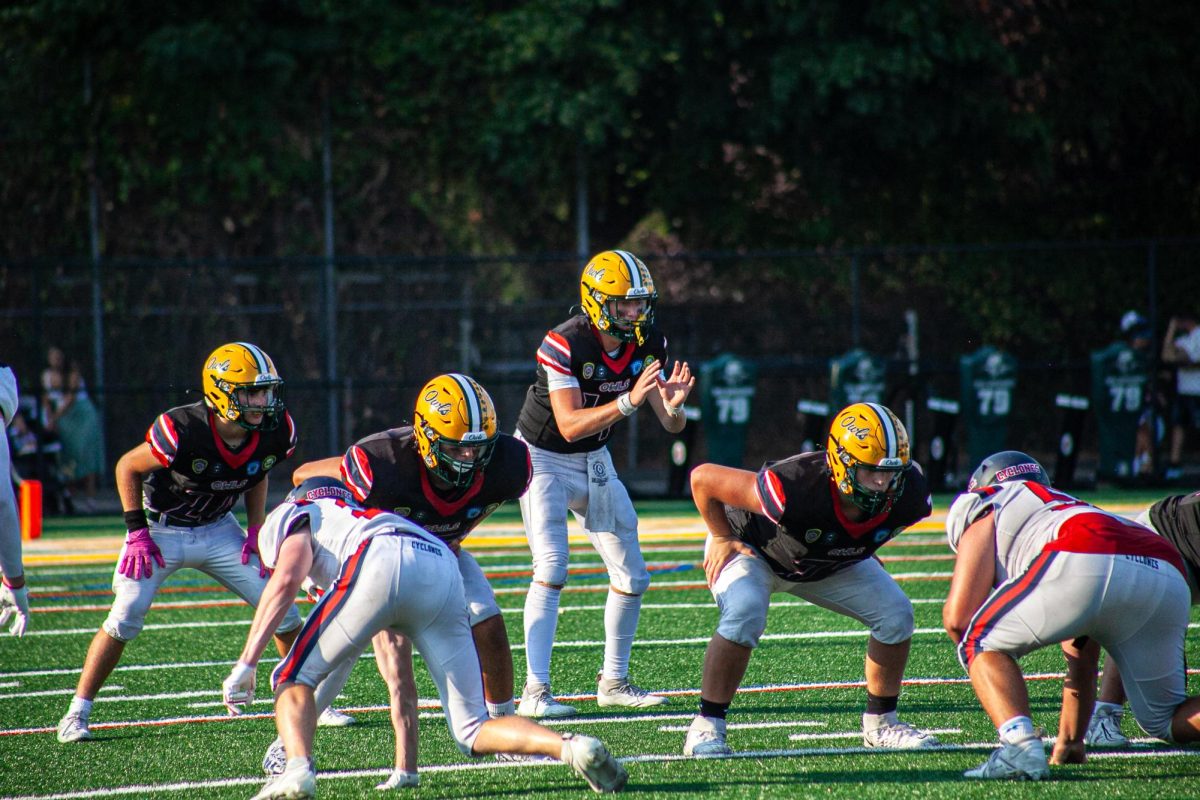
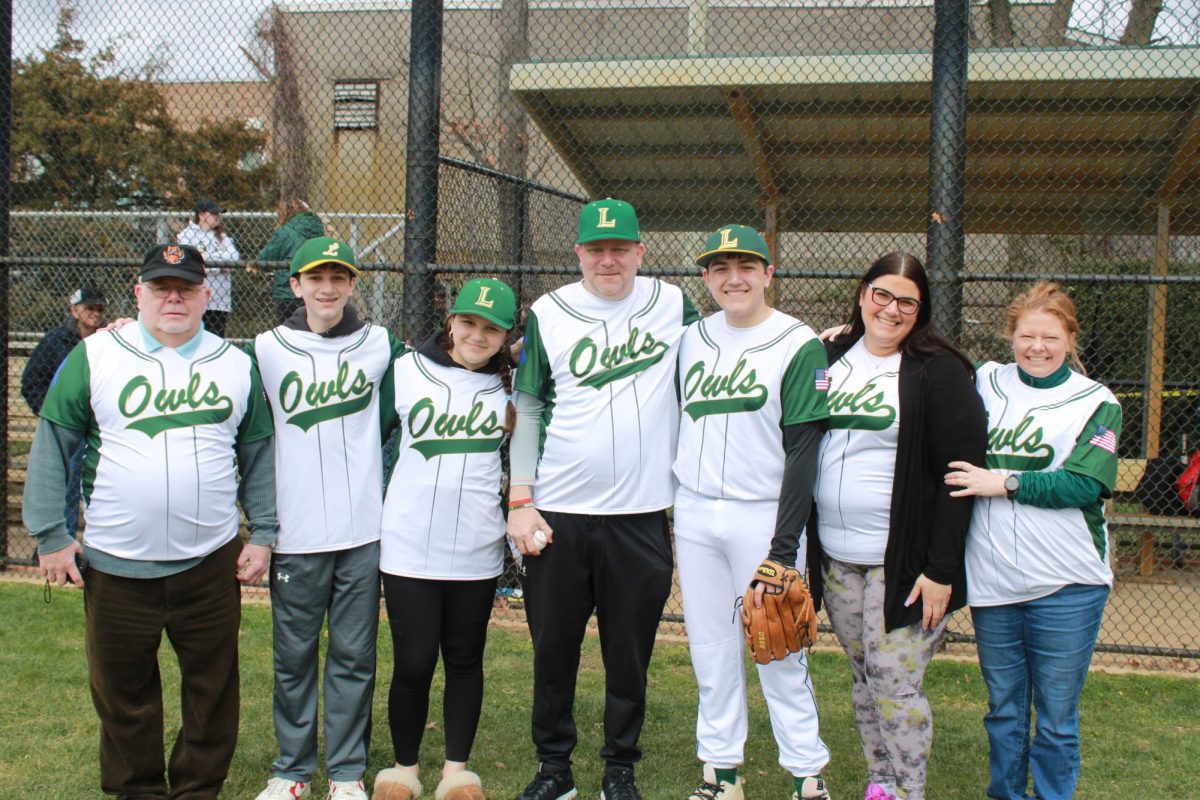








![Key Club members pose for a photo with Club Advisor Dr. Tieniber [far right] at Stonebridge Country Club. Photo Courtesy of @lhstieiber Instagram page.](https://lhshorizon.com/wp-content/uploads/2024/10/tempFileForShare_20241014-162748-600x448.jpg)
